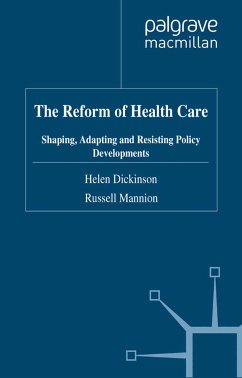Confronted with the continuing cost expansion in the health care sector, policy makers face a dilemma: limiting moral hazard in medical care requires that consumers participate in the cost, yet copayment is strongly resisted by today's socially insured. Thus, the experiences of three private German health insurers will be of interest to physicians, social scientists, and policy makers. Insurer A writes conventional plans with deductibles and coinsurance; B pays back three-monthly premiums as a fixed rebate for no claims; while C runs an experience-rated bonus system starting with a rebate of three-monthly premiums for the first year without a claim, reaching a maximum of five after three years. While both rebates and bonuses are quite popular among insureds, this study shows that bonus options are particularly effective in limiting the demand for ambulatory and even hospital care. But what about adverse effects on health caused by the desire to save one's bonus? On this issue, there is some surprising evidence.
Dieser Download kann aus rechtlichen Gründen nur mit Rechnungsadresse in A, B, BG, CY, CZ, D, DK, EW, E, FIN, F, GR, HR, H, IRL, I, LT, L, LR, M, NL, PL, P, R, S, SLO, SK ausgeliefert werden.
'It is an economic study as it should be: clear questions are raised, hypotheses are derived from theoretical models, and the hypotheses are tested with empirical data.' Health Economics 2:1 1993
'It is an economic study as it should be: clear questions are raised, hypotheses are derived from theoretical models, and the hypotheses are tested with empirical data.' Health Economics 2:1 1993







